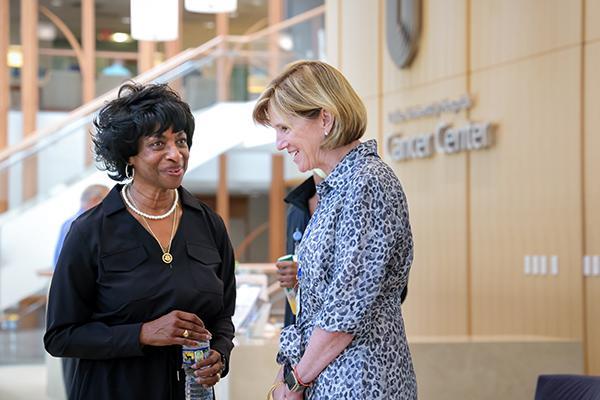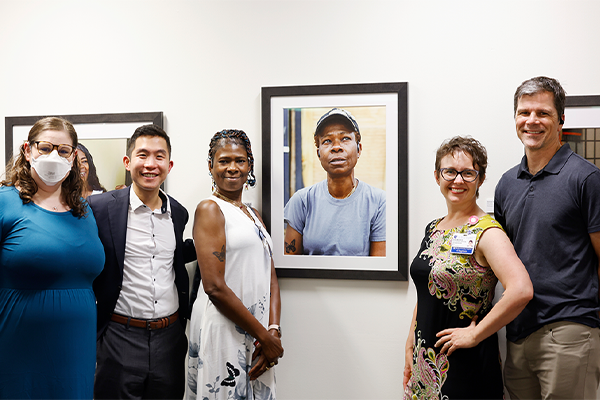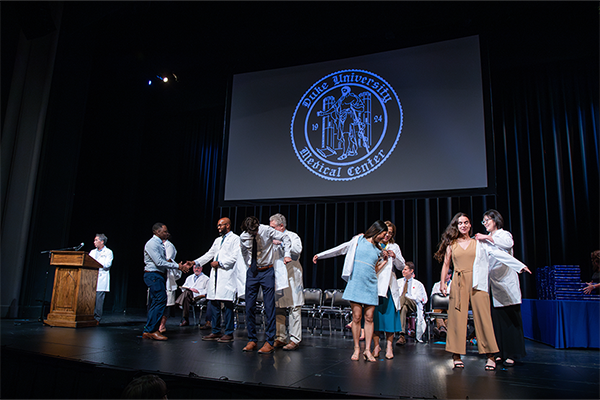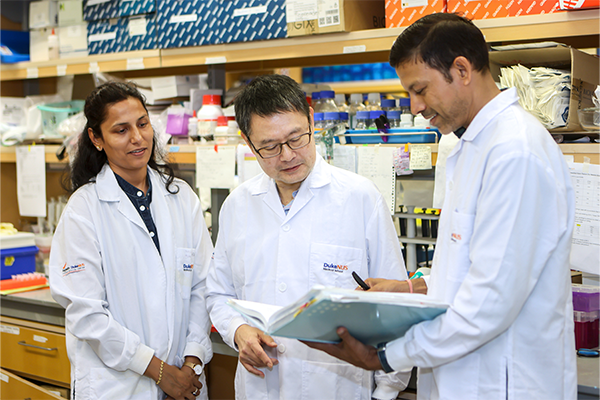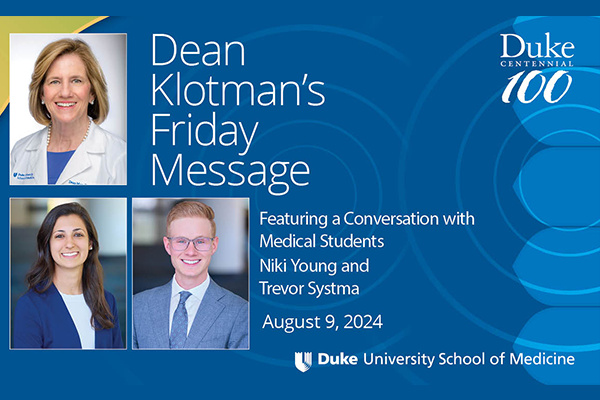Exploring Questions About Tattoos and Skin Cancer
Third year medical student found that published reports of cases of skin cancers in tattooed skin have become more common over time, though the number of reported cases remains small.
Actor Melissa Gilbert Shares Reflections & Video about her Experience with Misophonia
Actor Melissa Gilbert recoiled at the sounds of gum chewing, chip crunching, nail tapping, and other everyday sounds—but she was well into adulthood before she discovered she has misophonia.
Pioneering Hand Transplant Surgeon Linda Cendales Elected to National Academy of Medicine in Colombia
Recognized for her groundbreaking contributions to tissue reconstruction and hand transplantation, Linda Cendales, MD, a leading figure in hand transplant and microsurgery, will be inducted into the National Academy of Medicine in her native Colombia on Oct. 3.
Noon Conference Hits a High Note with Dr. Kate Lee’s Music Therapy Performance
Senior Resident Kate E. Lee, MD, MS, uses her flute as a therapeutic tool to soothe critically-ill ICU patients waiting for heart transplants.
Congresswoman Foushee Visits Duke Center for Brain and Spine Metastasis
Congresswoman Valerie Foushee (NC-04), visited Duke University to meet with Mary Klotman, MD, as well as leadership of the Duke Center for Brain and Spine Metastasis (DCBSM) and presented a copy of the resolution she introduced to Congress to establish Brain and Spine Metastasis Awareness Month.
Giving Voice to Patients’ Untold Stories
Medical resident Jeffrey Lee, MD, is on a mission to understand the human side of illness. He partnered with patients on the narrative medicine project “Untold Stories,” to share their personal stories about living with illness.
Some E-Cigarette Chemicals Mimic Nicotine, Possibly Bypassing Regulation
Duke Health researchers report that some tobacco companies have begun replacing nicotine in e-cigarettes with related chemicals that have similar properties but unknown health effects, in what appears to be an effort to bypass public health regulations covering vaping products.
School of Medicine Welcomes 2024 Incoming Classes
Duke University School of Medicine welcomes more than 630 students from across the country and around the world as they start their health professions careers at the School of Medicine this month.
A New Twist on an Old Hormone Leads to First Drug for a Type of Liver Disease
Fatty liver disease happens when a person’s body begins to store fat in the liver, which can damage the organ. Some forms of fatty liver disease are caused by excessive alcohol use.
Mary E. Klotman's Friday Message and Conversation with Medical Students Trevor Sytsma and Niki Young
Mary E. Klotman, MD, welcomes all new medical students and chats with Trevor Sytsma and Niki Young about why they chose Duke, and what advice they have for incoming students.




